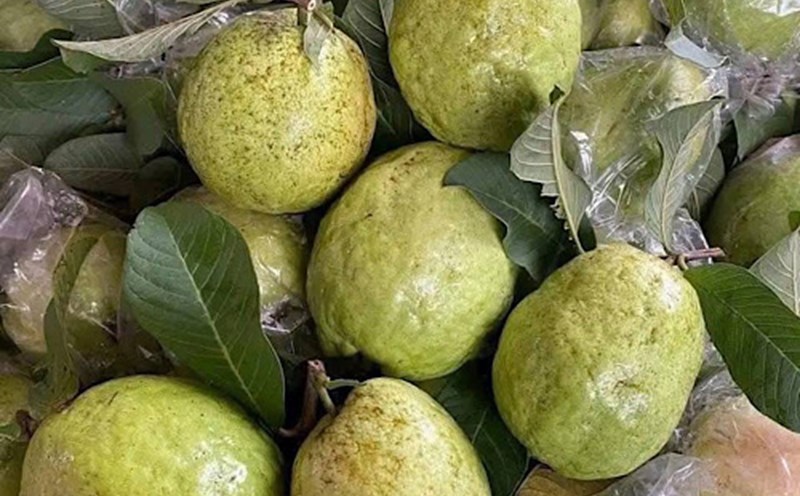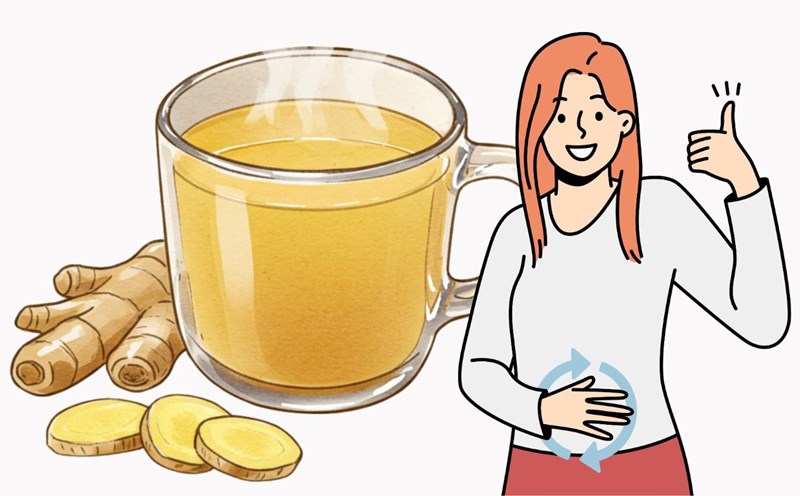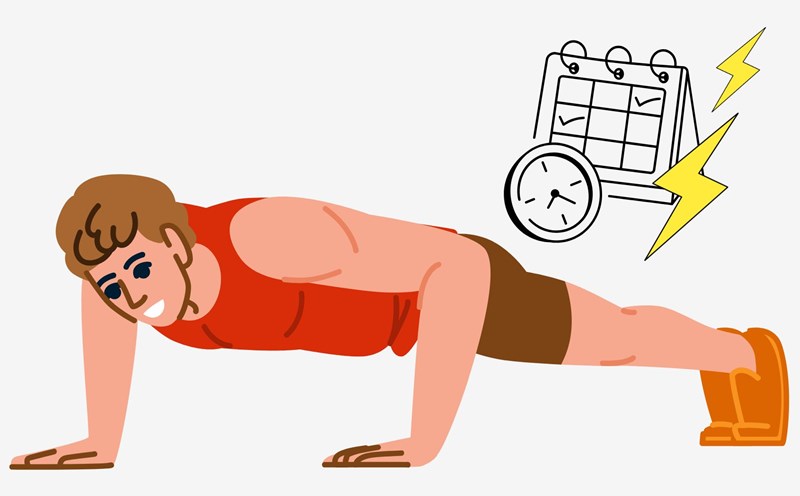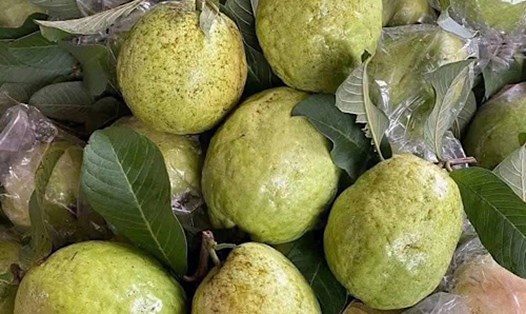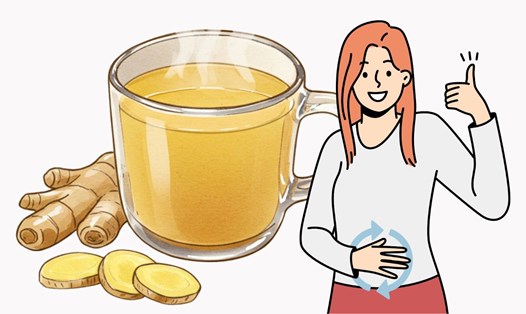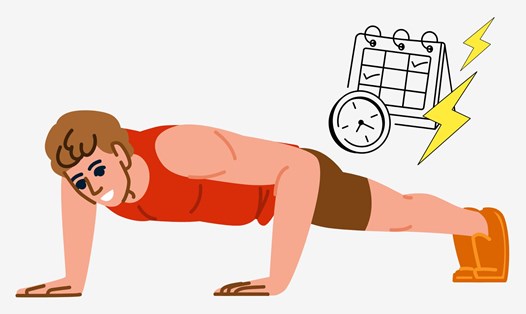Guava has long been considered a diabetic-friendly fruit thanks to its low glycemic index, rich in fiber, vitamin C and antioxidants.
Eating guava with the skin after washing helps increase fiber absorption, prolong the feeling of fullness and limit unhealthy snacking habits.
However, between pink guava and white guava, which is really beneficial for people with diabetes is still a concern for many people.
According to Edwina Raj, Head of Nutrition, Aster CMI Hospital, Bengaluru (India), both have high nutritional value but have their own unique characteristics.
Persimmons are rich in antioxidants such as lycopene, which help protect the heart and reduce the risk of cancer. Meanwhile, white guava contains more vitamin C and fiber, which help boost immunity and improve digestion, Dr. Raj shared.
Sharing the same view, Dr. Rashi Agrawal, Endocrinologist at Kokilaben Dhirubhai Ambani Hospital, Navi Mumbai, said that white guava contains more fiber, which helps slow down glucose absorption, regulate blood sugar and aid digestion. Eating whole peels helps optimize fiber chemicals and maintain a feeling of fullness.
Persimmons, thanks to their rich lycopene and vitamin C, help neutralize free radicals, protect pancreatic tissue, enhance insulin function and cardiovascular health.
Although more naturally sweet, pink guava still does not significantly increase blood sugar thanks to its rich fiber content.
According to experts, eating both pink and white guava will bring the most overall benefits. The combination of fiber, vitamins, minerals and antioxidants helps balance metabolism, reduce glucose fluctuations after meals and improve visceral health.
Dr. Raj recommends: Diabetics should eat 12 guava per day, preferably fresh, without added sugar and combined with a diet rich in green vegetables, whole grains and protein.
Instead of comparing too carefully between the two, it is important to maintain diversity and nutritional balance in the portion. A guava fruit a day not only helps stabilize blood sugar but also protects the heart and improves overall health.
(The article is for reference only, not a replacement for professional medical advice. Always consult your doctor if you have health questions).

